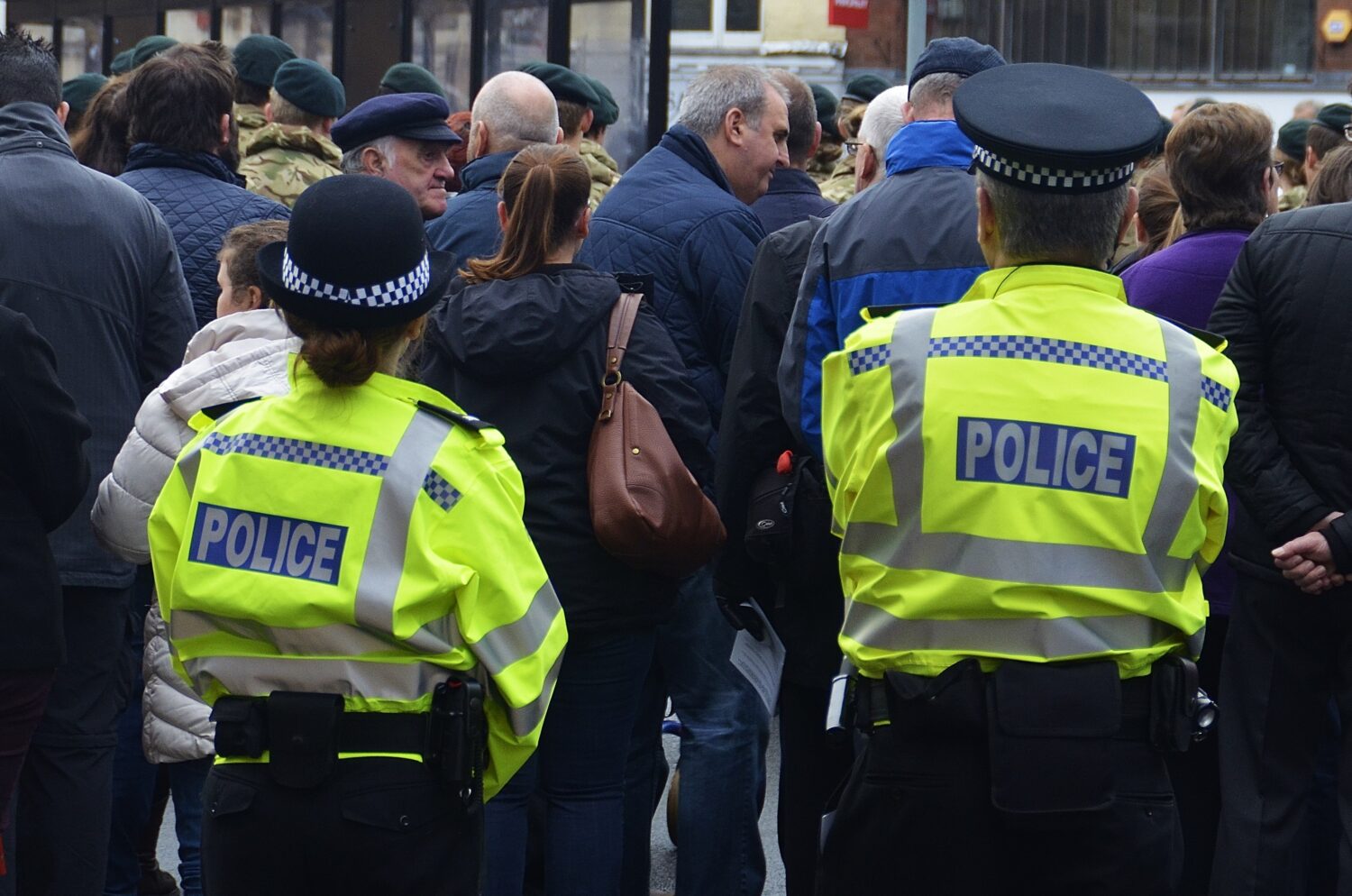The right beat
Labour can take the lead on policing and crime, writes Jonathan Hinder
At the 2019 general election, crime was ranked the third most important issue by the British public, and, according to YouGov, the Conservatives were trusted to handle it best by a majority of two to one over Labour.
The Labour party has often seemed squeamish about discussing crime. It is, of course, important to recognise the many historical and contemporary injustices perpetrated by police and the reactionary culture which has too often been pervasive in forces across the country. Nonetheless, crime disproportionately affects those working-class communities we seek to represent – not least the many post-industrial seats that were lost in 2019 – and so we must grasp policing as a Labour issue. We can be mindful of the past while being hopeful for the future police service that we, on the left, can create – a modern, intelligent and compassionate police service of which we can be proud.
There is a huge political space available on crime and policing, because the Conservatives’ record over 13 years has been one of dismal failure. Throughout the 2010s, neighbourhood teams were scrapped and redeployed to emergency response teams as officer numbers plummeted. Only one in 20 crimes are now solved. Victims of the most serious crimes wait years for their cases to be heard, along with the 62,000 others stuck in the backlog. Under the last Labour government, investment in neighbourhood policing was prioritised: each area had its own team, led by a sergeant. Now, small towns typically only have one PC dedicated to neighbourhood policing.
Westminster journalists often refer to political parties running a ‘crime week’ – typically focusing on crime briefly before moving back to those issues considered more central to the political debate. Given the Tory record since 2010, it should be ‘crime week’ every week between now and the next general election for Labour. And who better to state the case with credibility than Keir Starmer, a former Director of Public Prosecutions?
The Tory failure on crime is closely linked to the broader decline of our public services. Officers across the country understand that their day-to-day work has been dramatically altered by the cuts to other services, even if this is still poorly understood by the public. With mental health provision wholly inadequate, the ambulance service on its knees, and children’s services stretched, policing has been called upon to fill the huge gaps in our social safety net.
A Labour government should reconsider what the police’s role should be in responding to those in mental health crisis, or to the thousands of children who are reported missing from the care system every year. Investing in those public services better placed to deal with such issues would not only be more effective; it would also free up officers’ time to focus on tackling crime and antisocial behaviour. This is what communities want to see. While policing will always be varied by its very nature, the need to define its increasingly blurred role has never been more pressing.
Having lost 20,000 officers in under ten years, the new officers recruited since 2019 are welcome. But this recruitment drive has been rushed and delivered haphazardly to meet a political deadline. Meanwhile, voluntary resignations have tripled in a decade, leaving the policing workforce both inexperienced and ill-equipped to deal with the challenges facing modern policing, such as fraud and cybercrime. Labour’s commitment to recruit another 13,000 police officers and staff presents an exciting opportunity to take a more considered and targeted approach to police recruitment, based on the policing challenges of the modern era.
Labour has now drawn level with the Conservatives on which party is trusted by the public to tackle crime best. If we can maintain a clear focus on this issue, we will reap the electoral rewards – and then we can build a reformed, effective police service in government.
Image credit: Nick Vidal-Hall via Flickr
Image credit (pinned): trawets1 via Flickr

